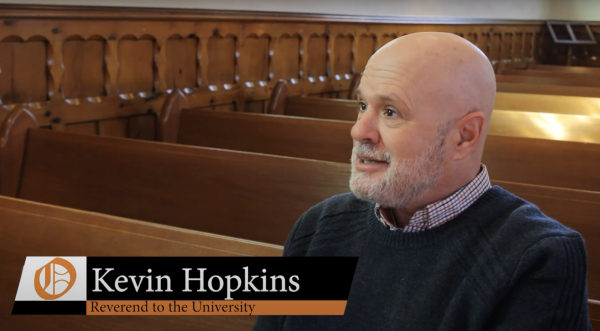Dissatisfied U.S. workers contribute to employee burnout
Graphic by Alyssa Glover.
Senioritis is a real problem. A disease so bad it could probably be diagnosed. I am unmotivated and completely burned out. In fact, a majority of America’s workforce suffers from the same burnout.
Regardless of recent growth in the current economy, America’s workforce is extremely overworked. According to QZ, “The national unemployment rate has been cut in half since 2010 and the economy is projected to grow by almost 50 percent between 2010 and 2020. Despite this positive outlook, employees are overworked, burned out, and dissatisfied.”
What’s more; burnout is responsible for making nearly half of employees ineffective at work. Although the economy and productivity have increased since the year 2000, these gains have come at a cost. Employees are working longer hours, skipping vacation time due to heavy workload, taking fewer breaks on the job and even eating lunch at their desks.
As someone who is currently burnt out and looking forward to a change in scenery upon graduation, the thought of even more burnout at work is terrifying. I know that it is unrealistic to expect to work a job I am totally passionate about right after graduating, but I at least want something I can tolerate without burnout.
Wages and benefits also have been stagnant for the past several years in the United States. So while employee productivity has increased and time spent in the office has also increased, workers have not seen any compensation growth.
It’s easy to see why burnout is a problem when I think of so many people checking their work emails on weekends or even vacations. Of course, after college I have goals to be a hard-working employee who goes above and beyond what is expected of me, but the silent standard for workers to be responsive at all times is unreasonable.
Technology has brought in an era of instant productivity and responsiveness. While workdays used to be 9-5 with a lunch break, the average employee works 47 hours a week and plenty of employees spend lunch breaks at their desk.
Employee burnout is can easily be fixed, however. Companies must encourage breaks rather than set the silent standard promoting work over everything. Vacations should be mandatory, and it should not be glorified to work through lunch breaks.
Millennial college graduates want to work for companies that share their same values. Working to the point of not enjoying life outside of one’s current job should not be valued.








